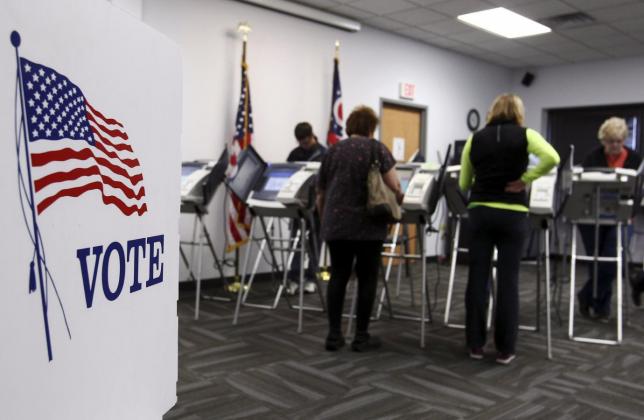The showdown over voter ID laws

Voter ID laws in five states – North Carolina, North Dakota, Kansas, Texas and Wisconsin – have been softened or overturned in recent weeks. But with some states contesting the rulings, the battle over voter ID laws continue as voter registration deadlines loom in many states. In addition to the recent rulings and appeals, according to Thomson Reuters Westlaw, at least two other states, Virginia and Alabama, have pending litigation regarding voter ID laws.
The wave began in July, when the Fifth U.S. Circuit Court of Appeals decision declared Texas’s voter ID law discriminatory and ordered a lower court to fix it before November’s election. Days later, the Fourth U.S. Circuit Court of Appeals overturned North Carolina’s voter ID requirement, and also reinstated early voting and same-day registration in the state, among other provisions. More recently, the U.S. Supreme Court rejected the North Carolina’s bid to restore several voting restrictions for the upcoming elections.
Meanwhile, two rulings by federal judges in Wisconsin struck down parts of the state’s voter ID laws, though a subsequent decision from a three-judge panel on the Seventh U.S. Circuit Court of Appeals blocked the ruling that would have allowed voters without a photo ID to cast a ballot on Election Day. With that provision on hold, Wisconsin’s voter ID requirement remains in effect.
Last month in North Dakota, a federal judge struck down the state’s voter ID law. This week, a federal judge said he’s unlikely to hear arguments in a case involving a Kansas rule requiring voters to show proof of citizenship when registering, meaning the requirement will probably not be enforced in the November elections.
The National Conference of State Legislatures offers a state-by-state look at voter ID laws in effect for Election Day.